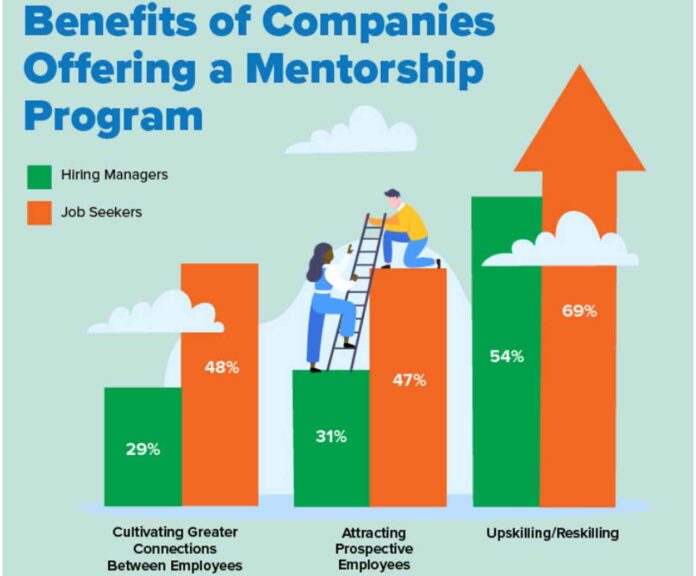Canadian Companies Face Brain Drain as Mentorship Programs Lag
THUNDER BAY – BUSINESS – A recent survey conducted by The Harris Poll for Express Employment Professionals has revealed a concerning trend among Canadian companies. Despite 75% of businesses experiencing employee retirements in the past two years, a significant 66% do not have mentorship programs in place. This lack of structured knowledge transfer is leading to a substantial loss of institutional wisdom as experienced employees exit the workforce.
Reasons Behind Employee Retirement
The survey highlights several reasons for employee retirements, including the desire to stop working (41%), reaching perceived retirement age (37%), and having sufficient savings to retire (35%). Job seekers mirror these sentiments, with financial readiness (60%) and the desire to cease working (57%) being the primary drivers for retirement.
Retirement Age Consensus
A notable majority of hiring decision-makers (76%) and job seekers (82%) agree that employees should retire when they are financially able to, regardless of their age.
Job Vacancies and Labor Force Dynamics
With over 600,000 job vacancies across the nation, as reported by Statistics Canada, and older workers (aged 55 and over) constituting over 20% of Canada’s labor force, their departure is poised to exacerbate the ongoing labor shortage. The situation is particularly pressing given the current lack of knowledge transfer to younger generations entering the workforce.
The Role and Scarcity of Mentorship Programs
Mentorship programs are recognized as vital for bridging the knowledge gap caused by retiring employees, yet only 34% of Canadian companies currently offer such initiatives. For those that do, the primary motivations include employee upskilling/reskilling (80%), fostering employee connections (51%), attracting prospective employees (45%), engaging older workers (38%), and mitigating brain drain (37%).
Mentorship Programs as a Recruitment and Retention Tool
In the face of skill shortages, mentorship programs are seen as a key factor in attracting and retaining talent. Around 77% of hiring managers believe that job candidates prefer companies with mentorship programs, a sentiment echoed by 87% of job seekers.
Future Plans and Perceived Benefits
Despite the recognized benefits, only 40% of companies without a mentorship program plan to implement one in the next two years. The perceived advantages of such programs include employee upskilling/reskilling (54%), attracting new employees (31%), and reducing brain drain (29%). Job seekers also see similar benefits, with 69% noting the upskilling/reskilling potential, followed by 48% who believe it can reduce brain drain, and 47% who feel it attracts prospective employees.
Conclusion
The survey underscores a critical gap in Canadian companies’ strategies to manage knowledge transfer amid an aging workforce. As retirements continue to rise, the implementation of mentorship programs can play a crucial role in preserving institutional knowledge and addressing the skills shortage in the Canadian economy.



